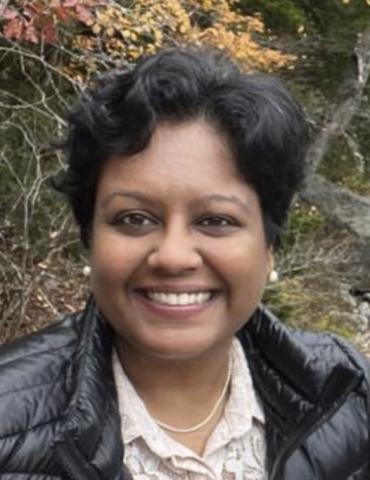
Quantum computing promises to transform how we solve optimization problems—but currently available Noisy Intermediate Scale Quantum (NISQ era) devices alone cannot get us there. A promising path forward lies in hybrid approaches that combine the strengths of classical algorithms with the emerging capabilities of quantum hardware, opening the door to scalable and high-performance solutions. In this talk, I will present recent advances in quantum optimization that bring this vision to life. I will discuss how warm-starting the Quantum Approximate Optimization Algorithm (QAOA) with classical relaxations can dramatically improve performance, how hybrid pipelines leverage combinatorial structure to achieve stronger approximations and noise resilience, and how benchmark families—such as strongly regular graphs and low-degree graphs—help us probe the boundary of quantum advantage. These results connect classical approximation algorithms, convex optimization, and quantum circuit design. Looking ahead, I will outline a research vision for hybrid intelligence, where classical and quantum algorithms operate in synergy rather than competition—rethinking optimization for the next era of computing.
Swati Gupta is an Associate Professor and the Class of 1947 Career Development Professor at the MIT Sloan School of Management in the Operations Research and Statistics Group. Prior to this, she held a Fouts Family Early Career Professorship as an Assistant Professor at the Stewart School of Industrial & Systems Engineering at Georgia Tech from 2018-2023, where she served as the lead of Ethical AI in the NSF AI Institute on Advances in Optimization from 2021-2023. She received a Ph.D. in Operations Research from MIT in 2017, following a joint Masters and B.Tech in Computer Science from IIT Delhi. Her research bridges optimization, machine learning, and algorithmic fairness, to design algorithms that are both theoretically rigorous and socially impactful, with applications in healthcare, hiring, energy, quantum computing, and beyond. Her work has been recognized by the 2023 NSF CAREER Award, INFORMS Doing Good with OR 2022 (finalist), the JP Morgan Early Career Faculty Recognition in 2021, the NSF CISE Research Initiation Initiative Award in 2019, INFORMS Computing Society 2016 (special recognition), and the INFORMS Service Science Section 2016 (finalist).